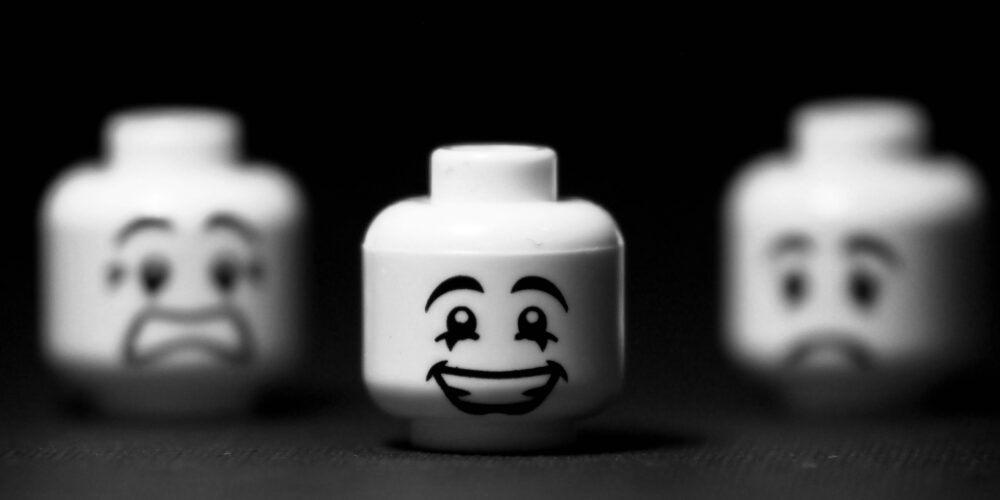Why laughter is indeed great medicine

Another Sunday Nation stalwart has left us. Gerry Loughran, the “Letter from London” columnist, is no more.
I will miss Gerry’s weekly missives for two things. One was the positive human spirit with which he reported on events taking place in Blighty. He often told us about things he found disturbing or distressing, but would retain a neutral position and an upbeat outlook. That should be a requirement of good journalism, but it is increasingly rare for reporters to keep their own biases out of their copy.
The second and more important quality, was his trademark humour. Gerry regaled us for years, both by picking laughter-laden topics, and by sharing unusually witty, often cerebral jokes at the end of his column. I looked forward to the laughter every week, and I shall make that the focus of my tribute to him this Sunday.
When I was a lad, I came across the phrase “laughter is the best medicine.” I believed it without question: that laughing is good for us. Many modern scientific studies have lent support to this statement. Laughing is thought to boost our immune systems by increasing the production of antibodies to fight illness. It may increase the body’s generation of endorphins, our natural painkillers. It could be increasing our blood flow, to prevent cardiovascular problems. And it is known to relax the muscles and relieve tension.
Mentally, too, laughter helps us. It reduces the level of stress hormones such as cortisol and adrenaline. It achieves mood elevation by increasing dopamine and serotonin, neurotransmitters associated with happiness and wellbeing, helping us to cope with anxiety. And of course, laughter has the very human function of helping us to bond better with friends and family—Victor Hugo pointed out that laughter is the shortest distance between two people.
So laugh hard, and laugh often. It does not replace medicine, mind, but it definitely should be in your cabinet. Laugh in company, laugh in solitude—but laugh, for it is indeed a nectar available to all. From a young age, I have sought out the comics and books and movies and shows and comedians that make me laugh out loud. They have been my mainstay in difficult seasons. No matter how low I have felt, a good laugh has often jerked me back to positivity. The gloom tends to lift after a bout of chortling.
But let me take this prescription further. It is one thing to laugh at the antics, jokes, and pratfalls of others. That is easy. There are more levels to laughter, though. A higher form of laughter occurs when we laugh not at other people, but with them. Laughing at the misfortune of others is just petty, even sadistic. Laughing as a form of therapy—for oneself as well as the unfortunate one—is the higher order. When we laugh with emotional intelligence, with compassion for a shared predicament—that’s when we turn it into a gift for the world.
The ultimate level of laughter occurs when we laugh at ourselves. Fewer people can pull that one off, for to laugh at oneself is to mock oneself. But what’s wrong with that? We are all mockable, and we should all take ourselves less seriously. We are absurd creatures all, leading absurd lives. We run around stressed and busy, but cannot explain why we do it. We clothe ourselves in pomposity, when underneath the masks and finery we are base creatures. We are jokers pretending to be heroes.
We even give ourselves titles and positions and status befitting a comic production—or what else do you want to say about “their majesties”, or “the right honourable”, or “worshipful master”? Even “chief executive officer” and “madam chairman” have the ring of nonsense about them.
No matter what we call ourselves, we remain specks on a speck, living under the delusion that we are not.
The way to cope with our modest status is to laugh at it. Laughing at oneself has even more powerful benefits. Benjamin Franklin advised that those who can laugh at themselves disarm their critics. By accepting our propensity to make mistakes, we take the pressure off ourselves to be perfect. Laughing at our own shortcomings (of which there are multitudes), we engage in self-acceptance and build self-esteem. By being modest about ourselves, we make ourselves more human and more approachable. A few tee-hees aimed in our own direction can even boost creativity by removing inhibitions and mental barriers.
Dale Carnegie went even further with this remarkable insight: “A person who can laugh at himself lives in the plural.” Now that is profound. By laughing at ourselves we break our own egos, and crack open the illusion that separates the self from the rest of existence. Laughing at oneself immediately makes us two: the fool and the wise person. The former keeps screwing up; the latter keeps observing the mess and learning from it.
Seeing the lighter side of life—and of ourselves—gives us an invaluable navigation tool, one with which to ride the waves and face the winds that will no doubt buffet us. So let’s laugh as we bid goodbye to Gerry Loughran. It is the most fitting way to hail a departing jokester.
(Sunday Nation, 10 December 2023)

Buy Sunny Bindra's book
UP & AHEAD
here »
Popular Posts
- What is a nation?June 30, 2024
- To be a great leader, think like a farmerJuly 21, 2024
- Don’t be surprised by surprisesJuly 14, 2024
- It takes mavericks to change the gameJuly 7, 2024
- Why we should all be activistsJune 16, 2024















